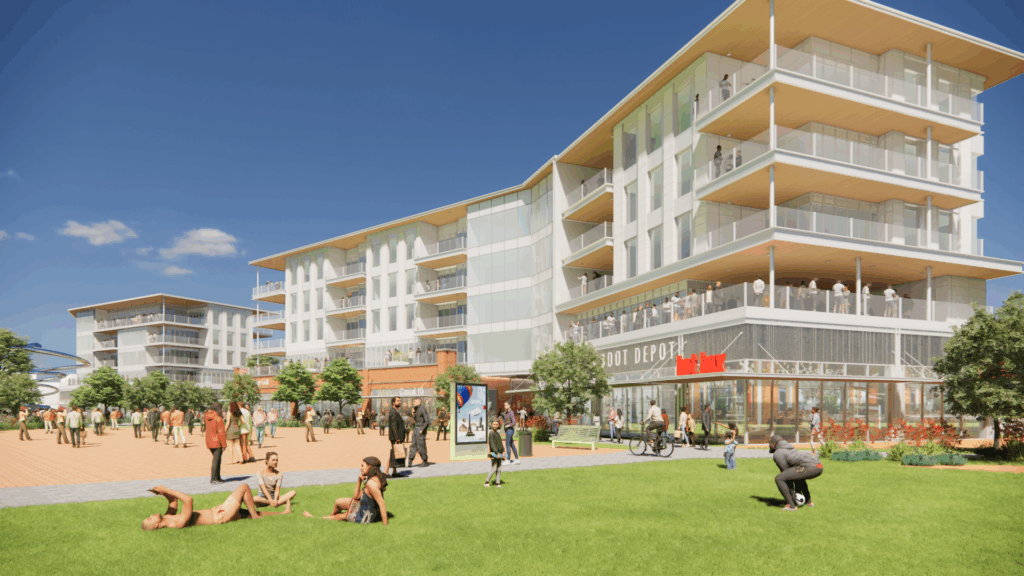It’s good to be Des Moines, until it gets complicated

KENT DARR Apr 29, 2015 | 9:20 pm
2 min read time
475 wordsBusiness Record Insider, Government Policy and Law, Real Estate and DevelopmentA proposed state law would resolve this question: what comes first, flood control or economic development?
Two laws are in play here, and both have come to roost in Des Moines, the only metropolitan area in the state that has both a state-designated flood mitigation zone and a special economic development district, providing the latter gets final approval from the Iowa Economic Development Authority.
The flood mitigation designation allows the city to use a portion of sales tax revenues to pay for flood control projects, especially in light of federal guidelines adopted after the Floods of 2008 that determined that 100-year flood events were much larger than your standard rule of thumb.
In other words, big rain events generate even bigger flood events.
The other thing the city apparently has, pending final approval late next month by the IEDA, is a reinvestment district that can return a portion of sales tax revenues to economic development efforts within the district.
There is a potential conflict between the reinvestment district and flood control zone.
Some areas of the Iowa Convention and Entertainment Reinvestment District, which stretches south from Park Street along Fifth Avenue to Court Avenue, also fall in the flood zone. So, does flood mitigation trump economic development when it’s time to hand out sales tax revenues?
That conflict emerged last year when the city sought to include sanitary districts in the flood mitigation zone. By including funding for the Des Moines Metropolitan Wastewater Reclamation Authority, the mitigation district grew to include most of Greater Des Moines.
The legislature said “okay,” but Gov. Terry Branstad vetoed that language after consulting with the Iowa attorney general’s office and the department of revenue, both of which offered the opinion that flood mitigation trumped economic development and as a result, would be first in line for the sales tax revenues.
In other words, all sales tax revenues generated in the district could have been used for flood control efforts.
As it stands, the area could receive $100 million over 20 years in sales tax revenues for flood control efforts, once the conflict between economic development and flood mitigation is worked out.
The Iowa Economic Development Authority is pushing for legislation that would ease revenue tension and direct sales tax revenues generated with the reinvestment district to projects inside the area.
Legislation to make that change has passed the Iowa Senate, but it went nowhere in the Iowa House, where it is said that some influential lawmakers are upset that Des Moines opposes a separate and unrelated piece of legislation that eases the process of siting cell phone towers.
While the House hangs on to its bill that would mitigate the sales tax conflict, the Senate has included language achieving the same goal in its funding bill for the IEDA.









